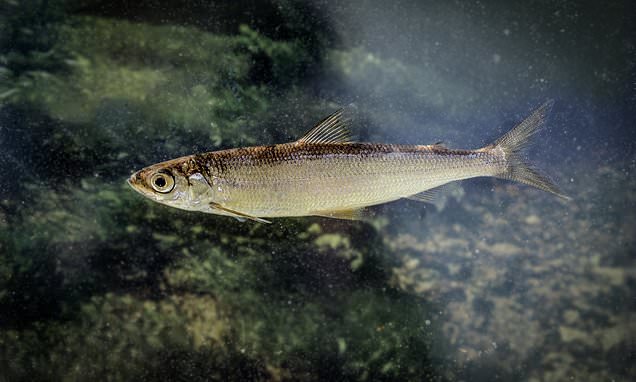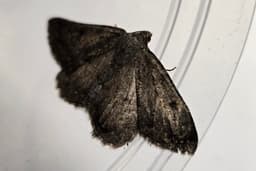Home / Environment / Rare Ice Age Fish Rebounds in Scottish Loch After Near-Extinction
Rare Ice Age Fish Rebounds in Scottish Loch After Near-Extinction
3 Nov, 2025
Summary
- Vendace, a rare fish from the Ice Age, thriving in Loch Skeen
- Species was extinct in Scotland but reintroduced in the late 1990s
- Climate change poses a threat to the cold-water loving fish

According to a recent survey, a rare fish that dates back to the Ice Age is thriving in a Scottish loch where it was introduced after becoming extinct in the country. The vendace, described as the UK's rarest native freshwater fish, is a northern species that requires cold, deep, and well-oxygenated lochs to survive.
The vendace became extinct in Scotland at some point last century, but was reintroduced to Loch Skeen in the National Trust for Scotland's Grey Mare's Tail Nature Reserve in Dumfries and Galloway in the late 1990s. The survey found that the vendace population in Loch Skeen is "highly abundant," a testament to the conservation efforts of the trust's staff, volunteers, and experts.
However, the species faces significant threats, including climate change. Ciaran Hatsell, the head ranger at the Grey Mare's Tail Nature Reserve, warned that warming temperatures could potentially change the loch's environment and pose challenges for the vendace in the future. Despite this, the trust remains committed to protecting and conserving the rare fish, as well as Scotland's natural heritage.




